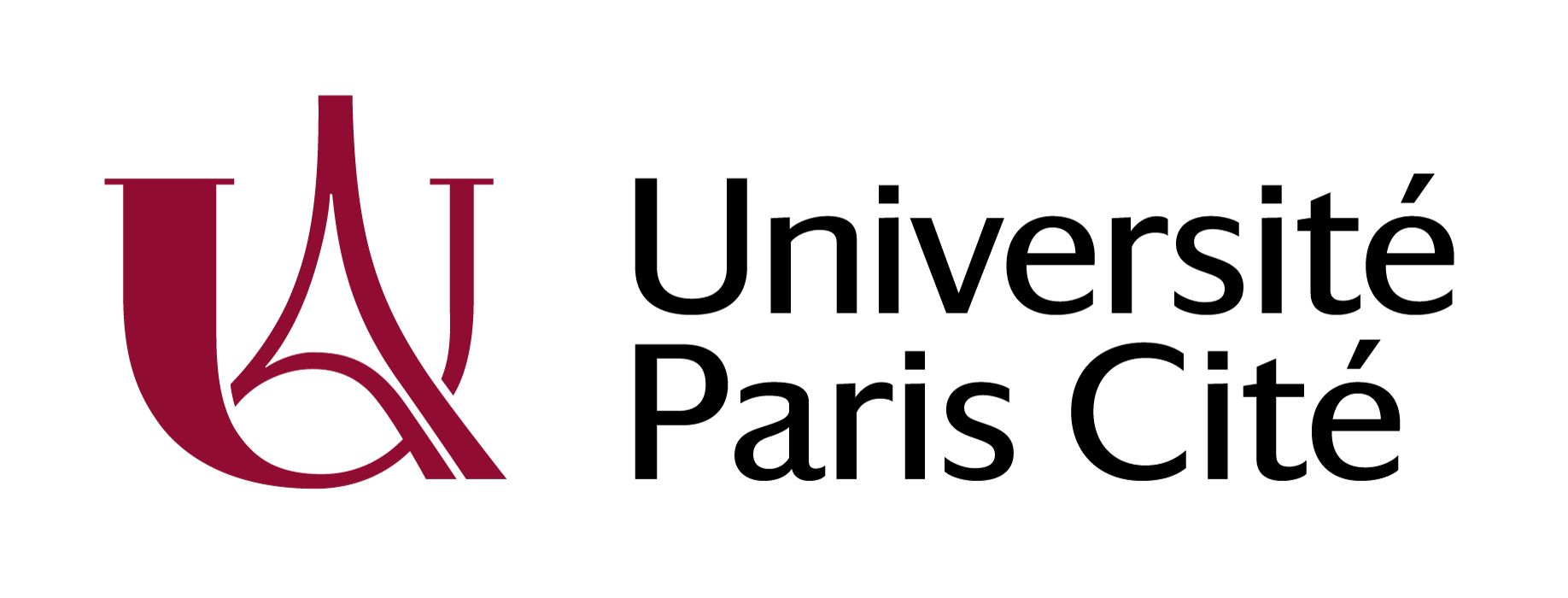IgA dominates the early neutralizing antibody response to SARS-CoV-2
Résumé
Humoral immune responses are typically characterized by primary IgM antibody responses followed by secondary antibody responses associated with immune memory and comprised of of IgG, IgA and IgE. Here we measured acute humoral responses to SARS-CoV-2, including the frequency of antibody-secreting cells and the presence of SARS-CoV-2-specific neutralizing antibodies in the serum, saliva and broncho-alveolar fluid of 159 patients with COVID-19. Early SARS-CoV-2-specific humoral responses were dominated by IgA antibodies. Peripheral expansion of IgA plasmablasts with mucosal-homing potential was detected shortly after the onset of symptoms and peaked during the third week of the disease. The virus-specific antibody responses included IgG, IgM and IgA, but IgA contributed to virus neutralization to a greater extent compared with IgG. Specific IgA serum concentrations decreased notably one month after the onset of symptoms, but neutralizing IgA remained detectable in saliva for a longer time (days 49 to 73 post symptoms). These results represent a critical observation given the emerging information as to the types of antibodies associated with optimal protection against re-infection, and whether vaccine regimens should consider targeting a potent but potentially short-lived IgA response.
Domaines
Virologie| Origine | Publication financée par une institution |
|---|
